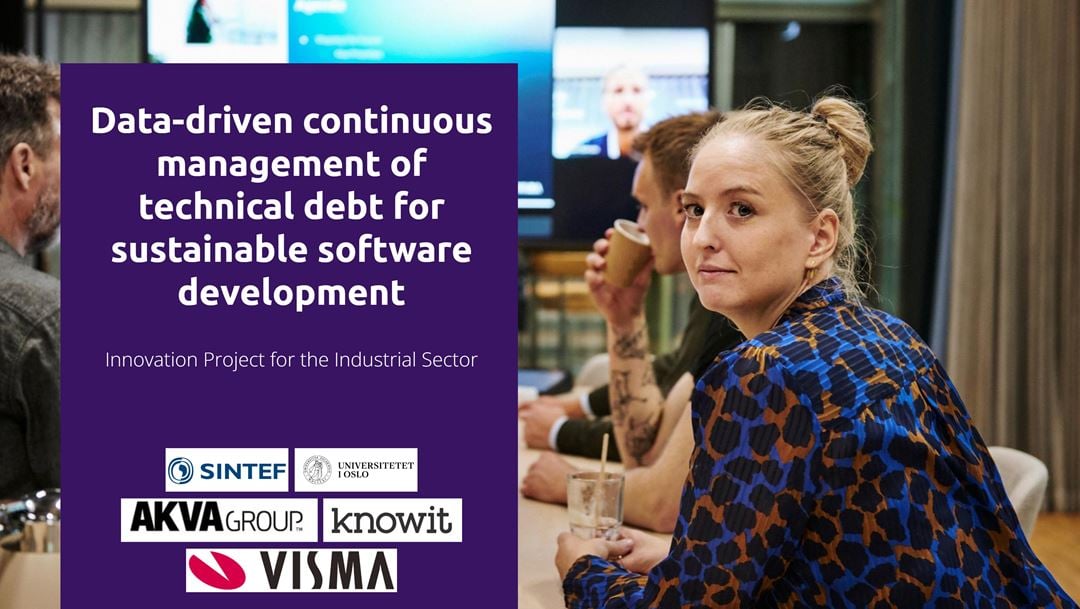In 2011, Marc Andreessen famously declared that "software is eating the world"[1]. Now indeed software has eaten and powered the world with products, services, and innovation within basically all kind of areas. What Marc Andreessen might not have known at that time is that software should have eaten the world in a sustainable way! Every software system accumulates a certain amount of Technical Debt (TD), which contains sub-optimal solutions that might give an advantage in the short-term (e.g., time to market), but create a costly negative impact in the long run. TD causes an average productivity loss of 40% (peaking at 90% in some projects)[2], costing the world around $5.82 trillion in 2018 alone[3].
In modern software development, the ability to obtain fast, actionable feedback on the accumulation of Technical Debt (TD) and its associated risks is paramount for developers and managers. To address this need, a collaborative effort has been initiated by researchers and practitioners from Visma, AKVA Group, Knowit, UiO, and SINTEF. This joint innovation research project, called TechDebtOps for Sustainable Software Development, has received sponsorship from the Research Council of Norway under the Innovation Project for the Industrial Sector program. Spanning over three years (2023-2026), TechDebtOps aims to explore the possibilities of managing TD continuously through a data-driven approach, ensuring the sustainable development of software and services for the future. By proactively managing TD for all software products, TechDebtOps seeks to equip companies with a competitive edge and address the significant but often invisible issue of TD.
The value of TechDebtOps is to enable a swift transition to sustainable modern software development and practices, first for the partner companies, and then beyond that. Breaking the uncertainty of managing TD will provide the companies with a unique competitive advantage in the market where their sustainable software development and services, with TD under control, will be to meet business and oversight objectives such as flexibly choosing cloud providers, optimizing infrastructure resource cost reductions, delivering customer insights, following UN sustainability goals, and ensuring security and compliance.
[1] https://www.wsj.com/articles/SB10001424053111903480904576512250915629460
[2] T. Besker, A. Martini, and J. Bosch, ‘Software developer productivity loss due to technical debt—A replication and extension study examining developers’ development work’, Journal of Systems and Software, vol. 156, pp. 41–61, Oct. 2019, doi: 10.1016/j.jss.2019.06.004.






